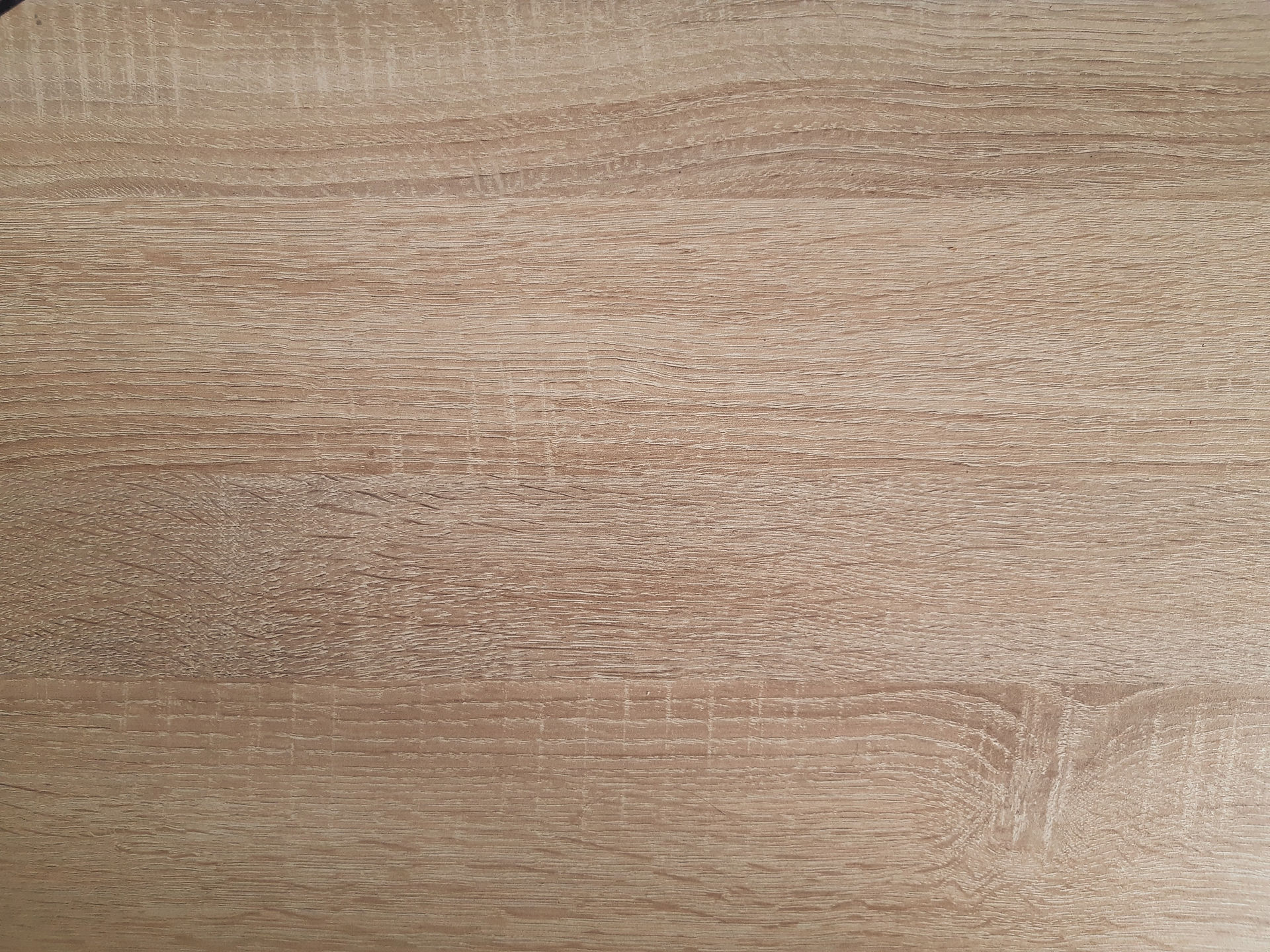



asus sonicmaster subwoofer
asus laptop r501j series
Sony cyber-shot DSC-RX100
Overall, these elements worked together satisfactorily well. Although they might not have been the most optimised products for the extent that which we wanted to work, they proved useful and provided the necessary basic requirements to achieve our goal.
My somewhat old but trusty laptop - I've had it perhaps for around 7 years, but still it works surprisingly well. It runs Windows, with 64GB RAM, 1TB storage and a GEFORCE GTX 780m Series driver.
Although this resulted in a couple issues, especially throughout editing (the driver was not able to be updated, sometimes the the GPU acceleration wouldn't work either) we managed to work around this and produce our final work.
A definite aid in sound - a significant part of our film opening. Instead of having to wear headphones while editing the jarring and sometimes loud and cringe inducing sounds, the subwoofer allowed for safe audio quality to work with.
Another older, but definitely not diminished in quality piece of hardware. This camera, originally my father's, proved excellent and convenient for our needs. It's small and we were able to attach it easily to the GorillaPod in some necessary shots - and when having to run around while holding the camera it was certainly much safer and easier to control.
The footage filmed by this camera was in 4K; this had to be scaled down in editing but this scale was lossless. I would absolutely repeat using this camera for future projects, although of course with the final product in mind - if I wanted to film longer, fixed position shots, other cameras would definitely be considered.
Throughout the period of this coursework, we needed to take advantage of the materials we had available. We combined different elements to reach the work flow we achieved, without the assistance of both software/hardware and online materials, it would have been much more difficult to achieve the desired state of work achieved.
below, you can hover over the workspace to see the hardwares used in more detail.




How did you integrate technologies – software, hardware and online – in this project?
Below are all the elements that we used to integrate technologies and achieve the work we did. As a base element, we used the general Google package (Google Docs, Sheets Meet, Jamboard, Drive).
Besides this, we also used social media for communication and coordination, different websites for organization and searching for media, overall a very wide variety of technologies. They proved useful and simple to navigate, only some small difficulties arose - mainly just the searching itself for said technologies.





.png)
In searching for a suitable way to write out script - we first attempted to look at some websites such as Celtx SimplyScripts, StudioBinder, but these needed paid subscriptions in order to use them, or weren't available for combined use. So, instead we found a Google Docs extension with all the elements necessary for our script.






Procreate - the app used in which to draw our storyboard. Very convenient, simple to use and organized.
Instagram - our main form of communication, to organize ourselves and plan out our next moves.
Spotify and Soundcloud, along with YouTube and a couple other sources, our go-to for researching the sound for Relocation.
Pinterest - the visual pinnacle of finding inspiration; we scoured this website in search of outfit inspiration, pictures for our moodboard and a general help into the overall aesthetic of our film opening,
Premiere Pro - our editing software, where everything came together after all our work reached a close.